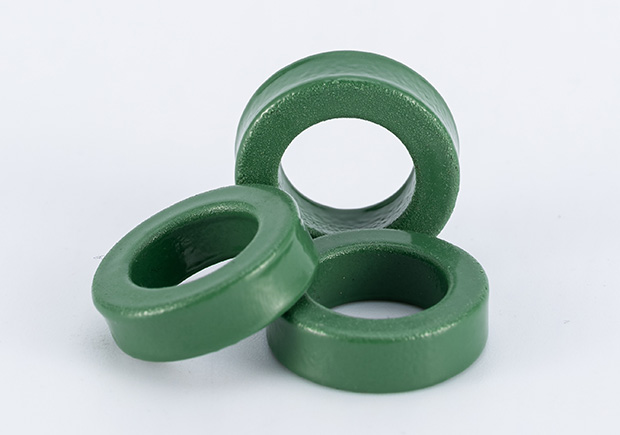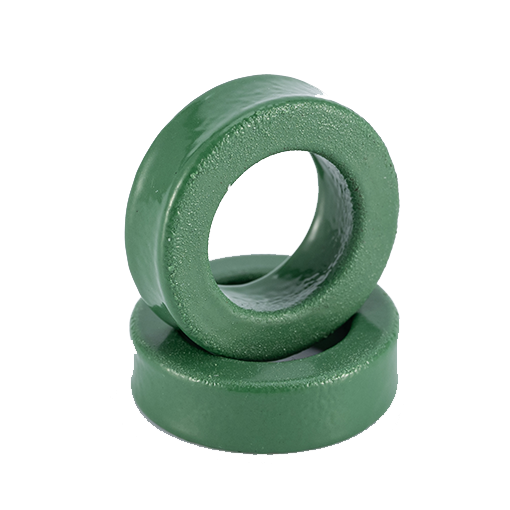Amorphous cores are used in car audio applications because they offer a number of advantages over traditional ferrite cores.
These advantages include:
Higher saturation magnetic induction (Bs), which allows for smaller and lighter inductors.
Lower core losses, which results in better efficiency.
Higher frequency response, which is important for high-end audio systems.
Amorphous cores are typically made of a glass-metal alloy, which is formed by rapidly cooling a molten alloy. This process creates a non-crystalline structure that has unique magnetic properties.
In car audio applications, amorphous cores are commonly used in speaker crossovers, noise filters, and output inductors. They can also be used in amplifiers and other audio components.


Here are some of the benefits of using amorphous cores in car audio:
Improved sound quality: Amorphous cores can help to improve the sound quality of car audio systems by reducing distortion and noise.
Increased efficiency: Amorphous cores can help to increase the efficiency of car audio systems, which can lead to longer battery life and reduced power consumption.
Smaller size: Amorphous cores can be smaller than traditional ferrite cores, which can free up space in car audio systems.
Lighter weight: Amorphous cores can be lighter than traditional ferrite cores, which can reduce the overall weight of car audio systems.
When choosing an
amorphous core for car audio, you will need to consider the following factors:
The power rating of the amplifier
The frequency range of the application
The size and weight constraints
Once you have considered these factors, you can then select an amorphous core that is the right size, weight, and power rating for your application.
If you are considering upgrading your car audio system, you may want to consider using amorphous cores. They can offer a number of advantages over traditional magnetic cores, including improved sound quality, increased power handling, better efficiency, and smaller size and weight.

